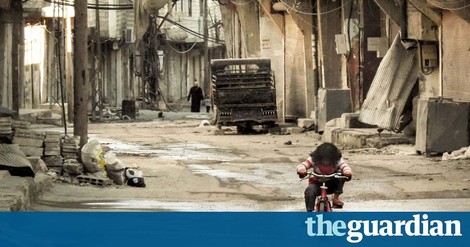Your podcast discovery platform
Curious minds select the most fascinating podcasts from around the world. Discover hand-piqd audio recommendations on your favorite topics.

piqer for: piqd Boom and bust Climate and Environment Global finds Globalization and politics Health and Sanity Technology and society Doing Good Deep Dives
Malia Politzer is the executive editor of piqd.com, and an award-winning long-form journalist based out of Spain. She specializes in reporting on migration, international development, human rights issues and investigative reporting.
Originally from California, she's lived in China, Spain, Mexico and India, and reported from various countries in Africa, Europe and the Middle East. Her primary beats relate to immigration, economics and international development. She has published articles in Huffington Post Highline, The Economist, The Wall Street Journal, Vogue India, Mint, Far Eastern Economic Review, Foreign Policy, Reason Magazine, and the Phoenix New Times. She is also a regular contributor to Devex.
Her Huffington Post Highline series, "The 21st Century Gold Rush" won awards from the National Association of Magazine Editors, Overseas Press Club, and American Society of Newspaper Editors. She's also won multiple awards for feature writing in India and the United States.
Her reporting has been supported by the Pulitzer Center on Crisis Reporting, The Institute For Current World Affairs, and the Global Migration Grant.
Degrees include a BA from Hampshire College and MS from Columbia University Graduate School of Journalism, where was a Stabile Fellow at the Center for Investigative Journalism.
Living In A Void: A Heartrending Read About Life In Demascus For Those Who Have Chosen To Stay
In this beautiful, heartrending long read, Syrian novelist Khaled Khalifa chronicles what life is like in Demascus for those who have chosen to stay behind. He opens the article with a lyrical and emotional account of what it's like to wait, while one by one his relatives (starting with his sister) left Syria to take life-threatening journeys by boat to safety in Europe.
He writes about walking the streets and coffeeshops of Demascus, eerily empty of people following the exodus of refugees, and the experience of attending mass goodbye parties for friends, family and colleagues nearly every day.
Despite the dangers, and the loneliness, Khalifa has chosen to stay in Demascus.
"why", he writes, "I don’t know, or perhaps I’m embarrassed by the knowledge that I simply want to cling to a place that has a smell I know well. Ultimately, these are the delusions of a solitary writer — one who no longer has anything to lose, having observed, at length, Syrians attempting to win back their country, then losing everything."
He ponders the experiences of those who have left Syria behind — what choosing to be a refugee means for one's sense of self, that "abandoning one's identity is like ripping a heart out of a body", yet has sympathy for those who have left as well. He puts the exodus of refugees into the larger context of recent Syrian politics, and in the context of Syria's own experience with refugees.
His beautiful essay ends on a sad, nostalgic note:
"The rest of my friends are trying, by various means, to assure us that they are happy in their new places of exile. Meanwhile, those of us who have stayed are dying one by one, family by family, so much so that the idea of an empty city could become a reality within a few years. But I remain convinced that refugees lose their sense of identity, for they cannot obtain a new one or completely forget their old one. To be a refugee is to live in a void — it is to lead a painful life, however hard we try to embellish it."
